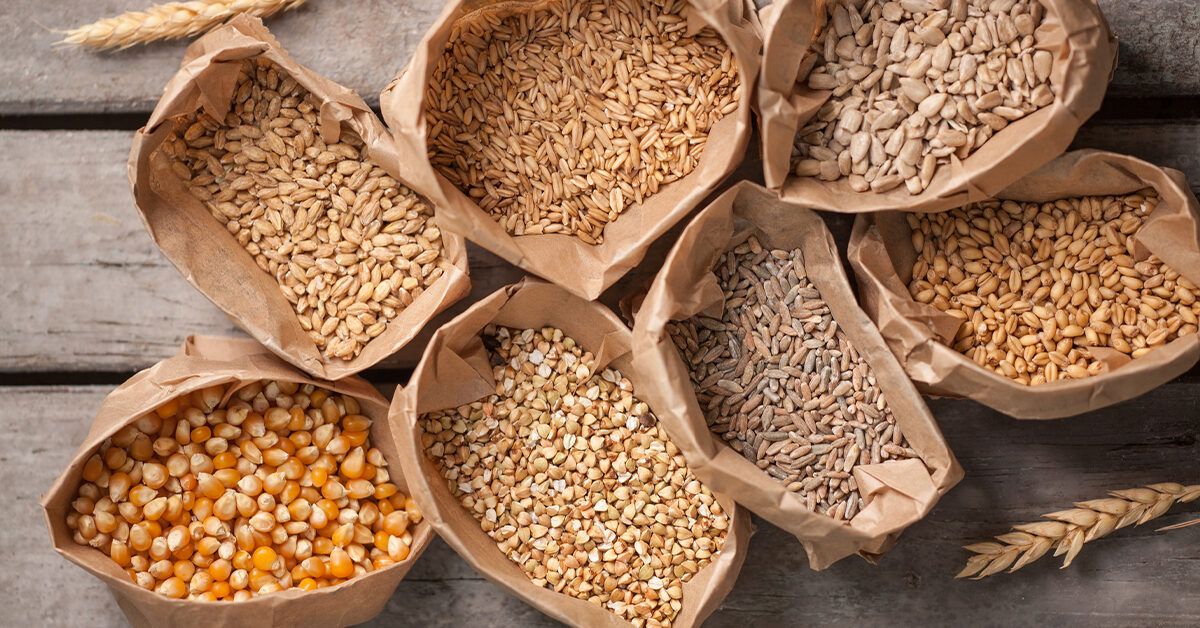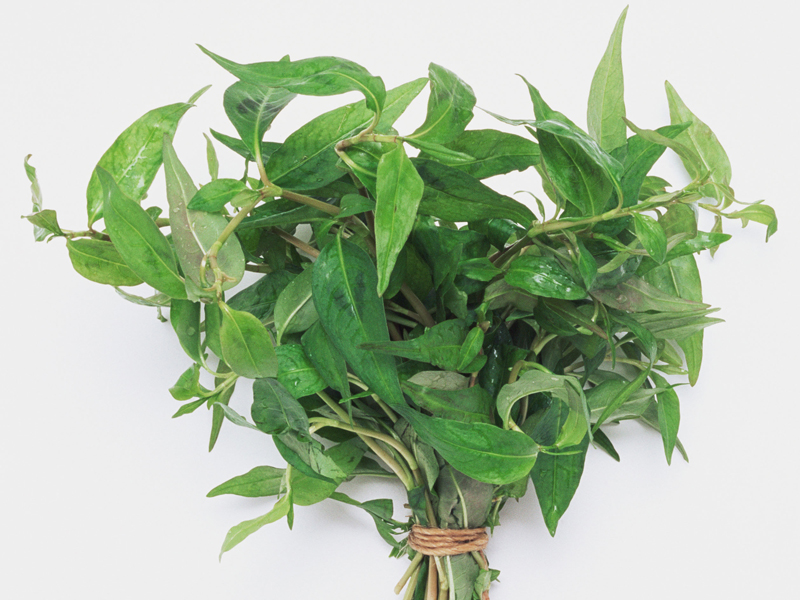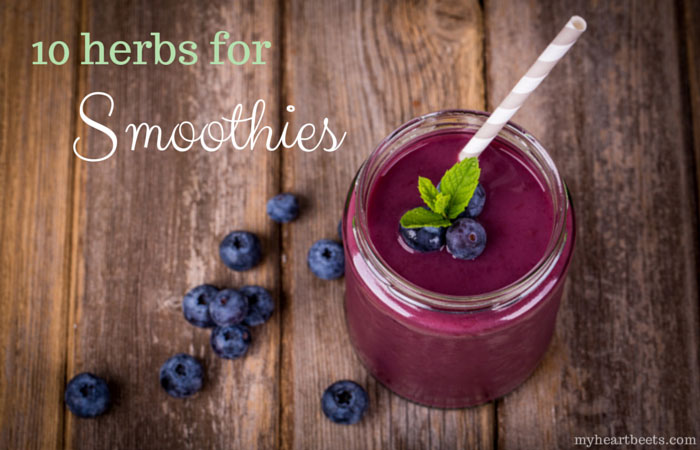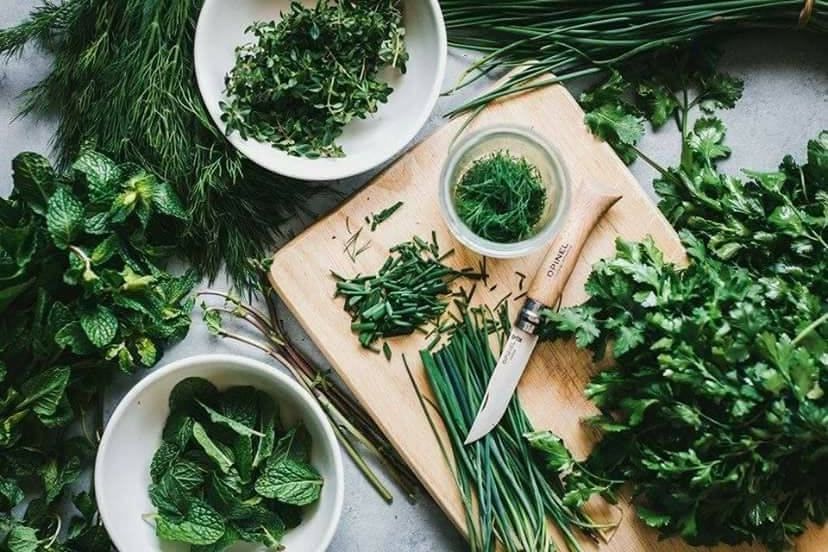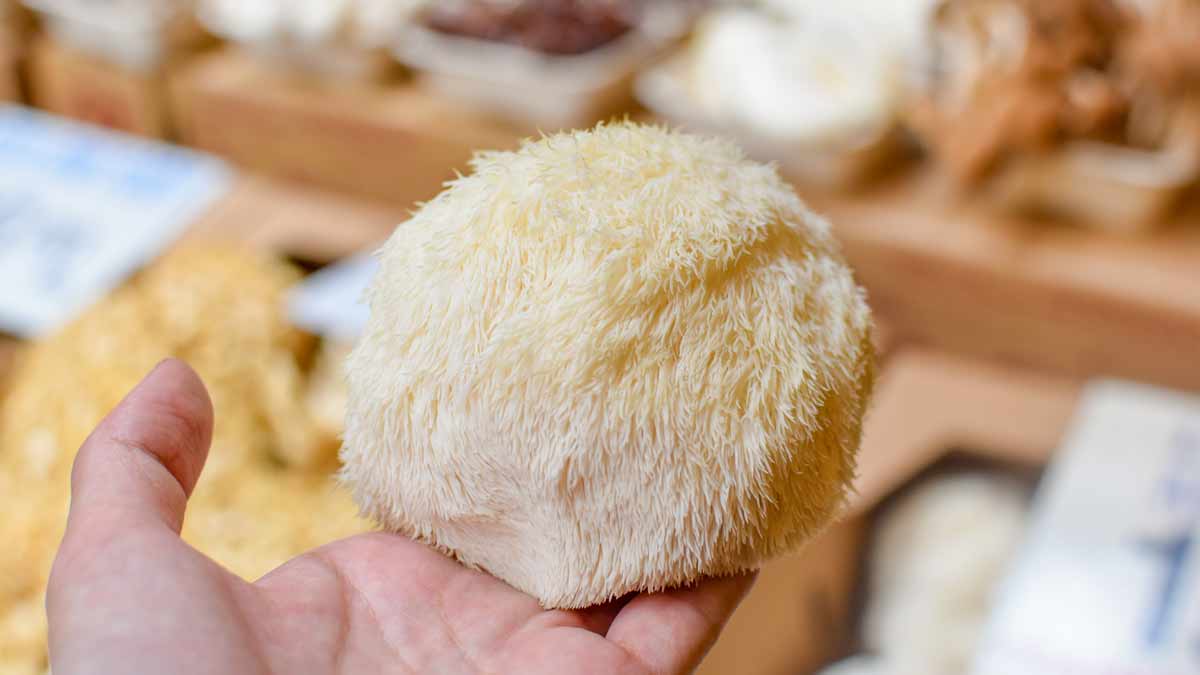
Lion's Mane Mushroom FAQ - Consumer Reports
Consumer Reports fills you in on the potential benefits of lion's mane mushrooms and what to look for when shopping for lion's mane supplements.
...To avoid contaminants, Stamets recommends that consumers ensure that the mushrooms they’re getting aren’t coming from China. "The air pollution in China is notorious," Stamets says. "The pollutants are constantly raining down on the ecosystem, contaminating the food chains and aquifers. Mushrooms—since they are composed of about 90 percent water—uptake many of these toxins."
"Fresh mushrooms (fruitbodies) should be cooked to liberate their nutrients. Raw, uncooked mushrooms pass largely undigested."
...There are a few tricks to getting the rich, umami flavor that mushrooms are known for.
"Mushrooms contain a lot of water," says Bergo. "So if you just put oil in a pan and add mushrooms, they can be heavy and kind of soggy, but if you put a little water in the pan, put a lid on it, and cook the mushrooms until they’ve relaxed, the water will be released."
Then you cook the water off, he says, and add your fat—oil or butter, typically—and cook them until they’re nice and crispy and brown.
"Mushrooms taste better when you brown them," Bergo says. "Browning them gives caramel notes like a good charred steak—although you don’t want to char mushrooms, golden brown is perfectly fine."
He also adds that mushrooms are really good in soup, and you don’t need to brown them at all. "Lion’s Mane in particular are great in soup, they’re kind of like little dumplings."
Last edited:



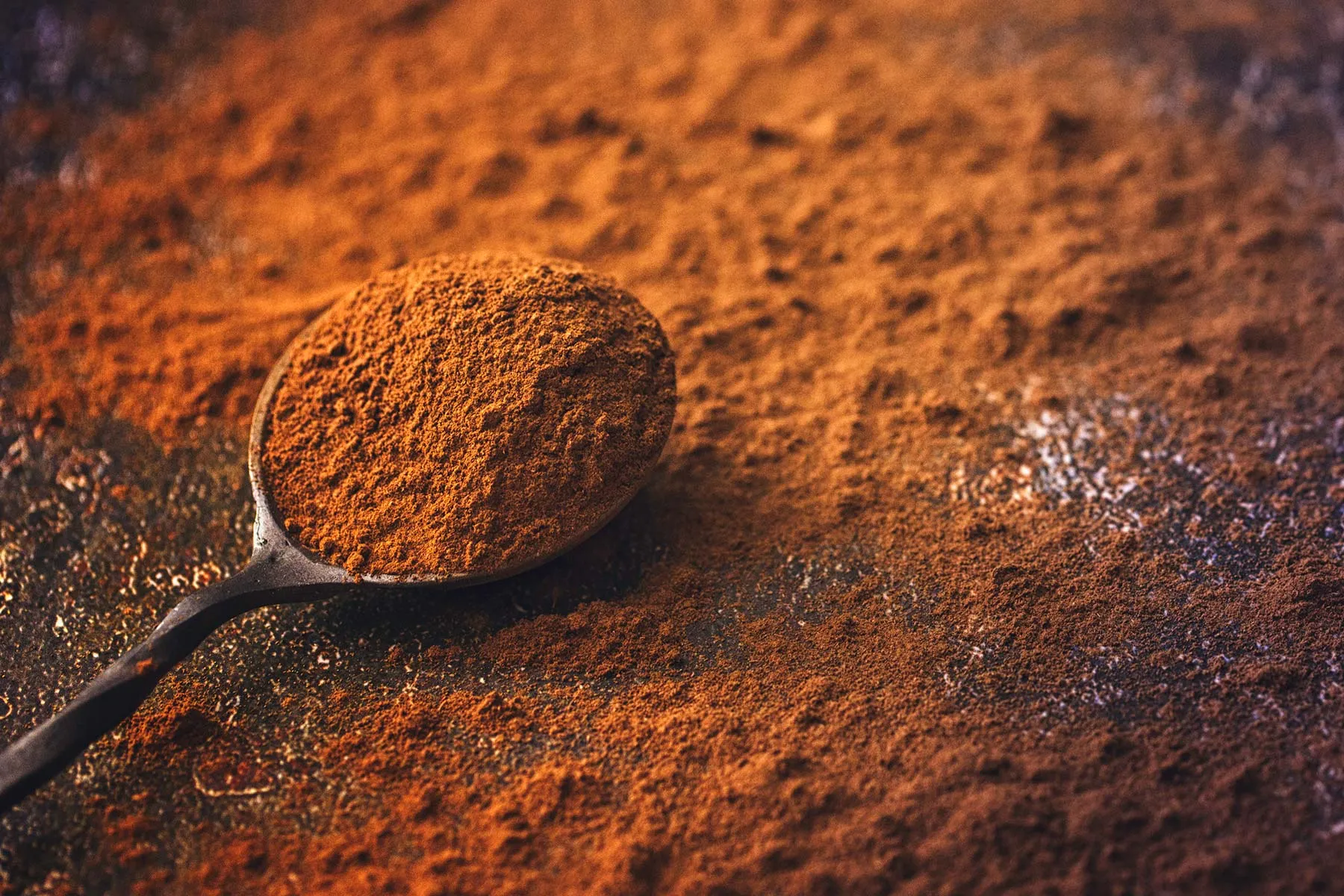

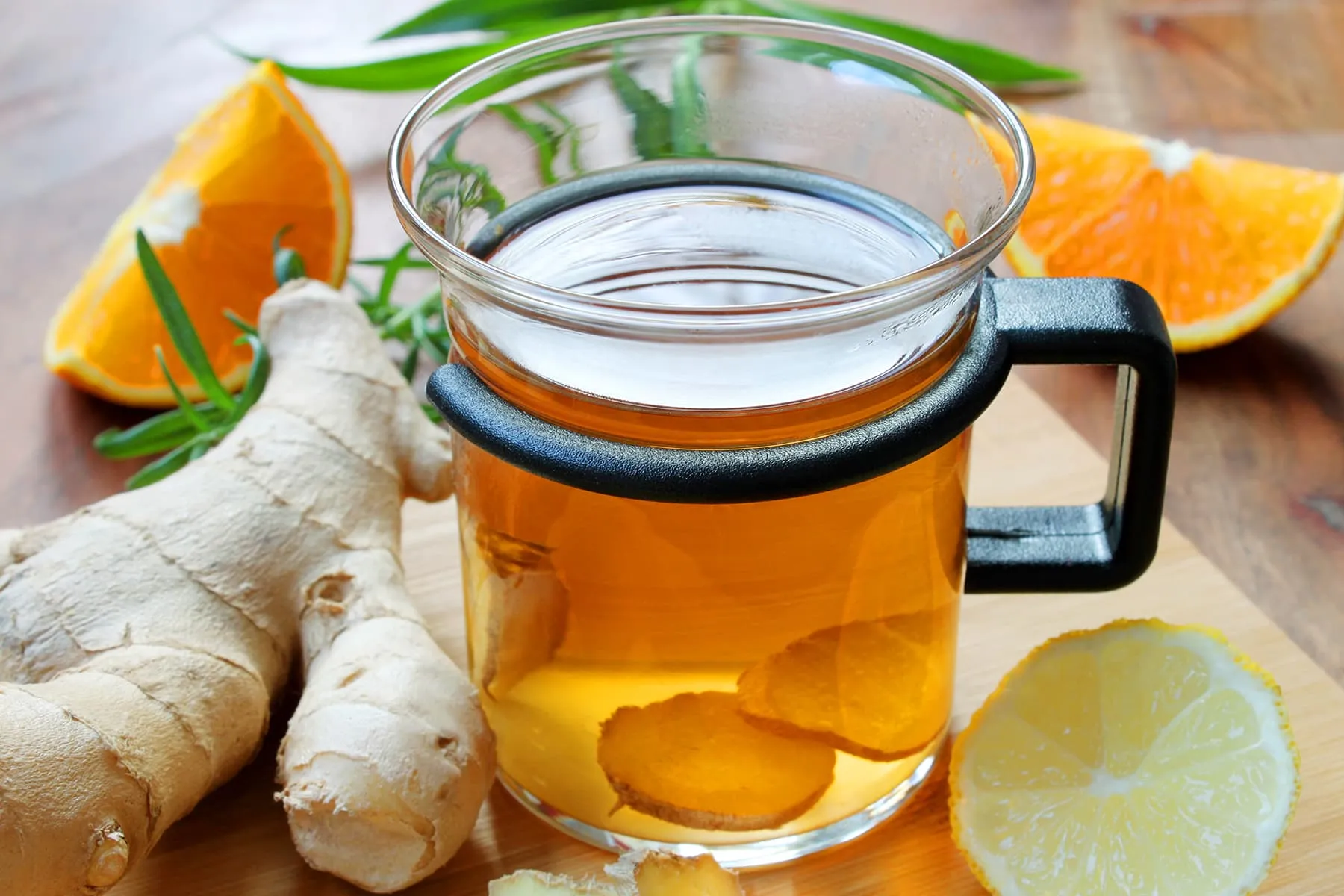
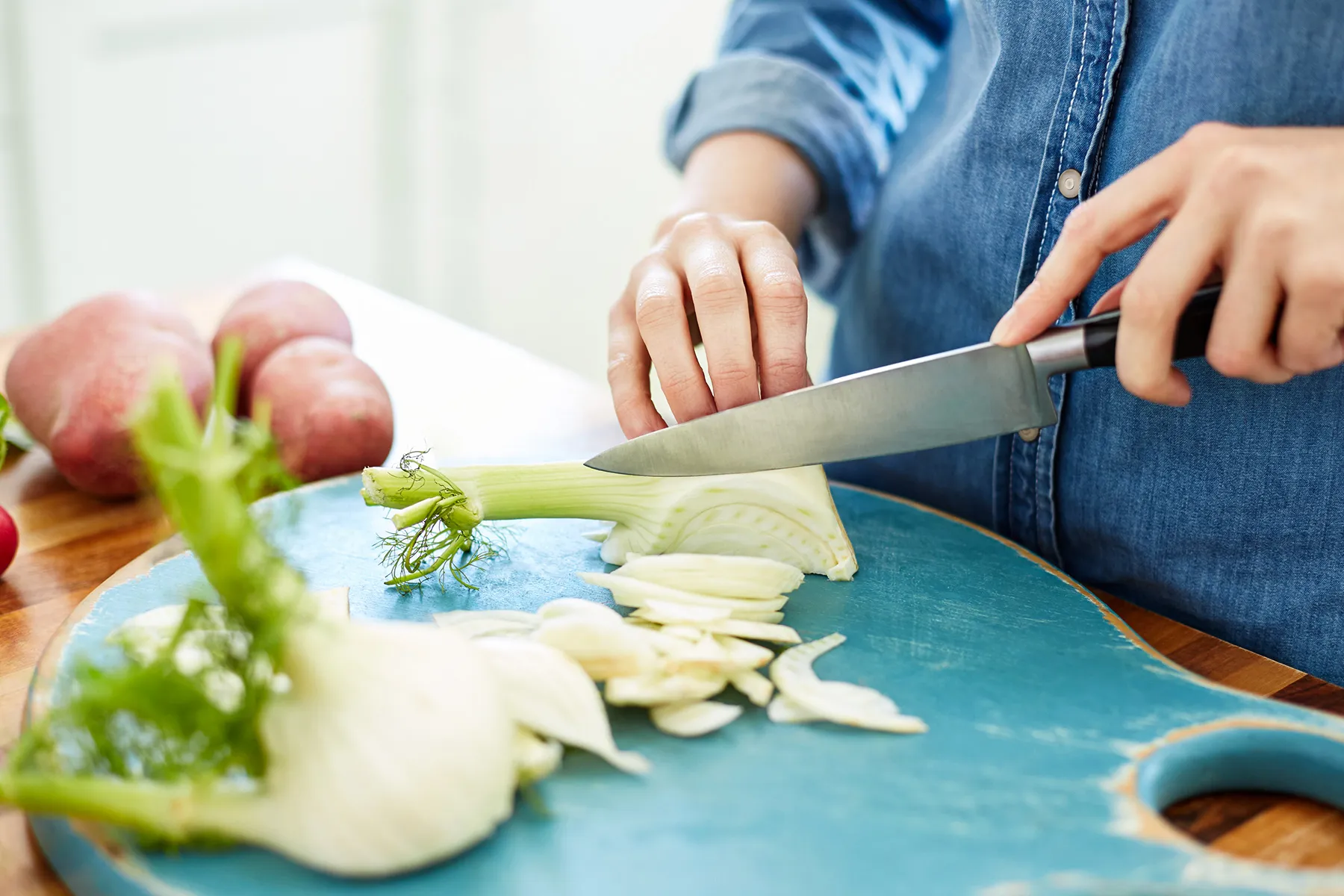



:quality(70):focal(1215x905:1225x915)/cloudfront-us-east-1.images.arcpublishing.com/tronc/WAL3QVHFIZC4XKMOIWPMBTVOE4.jpg)





